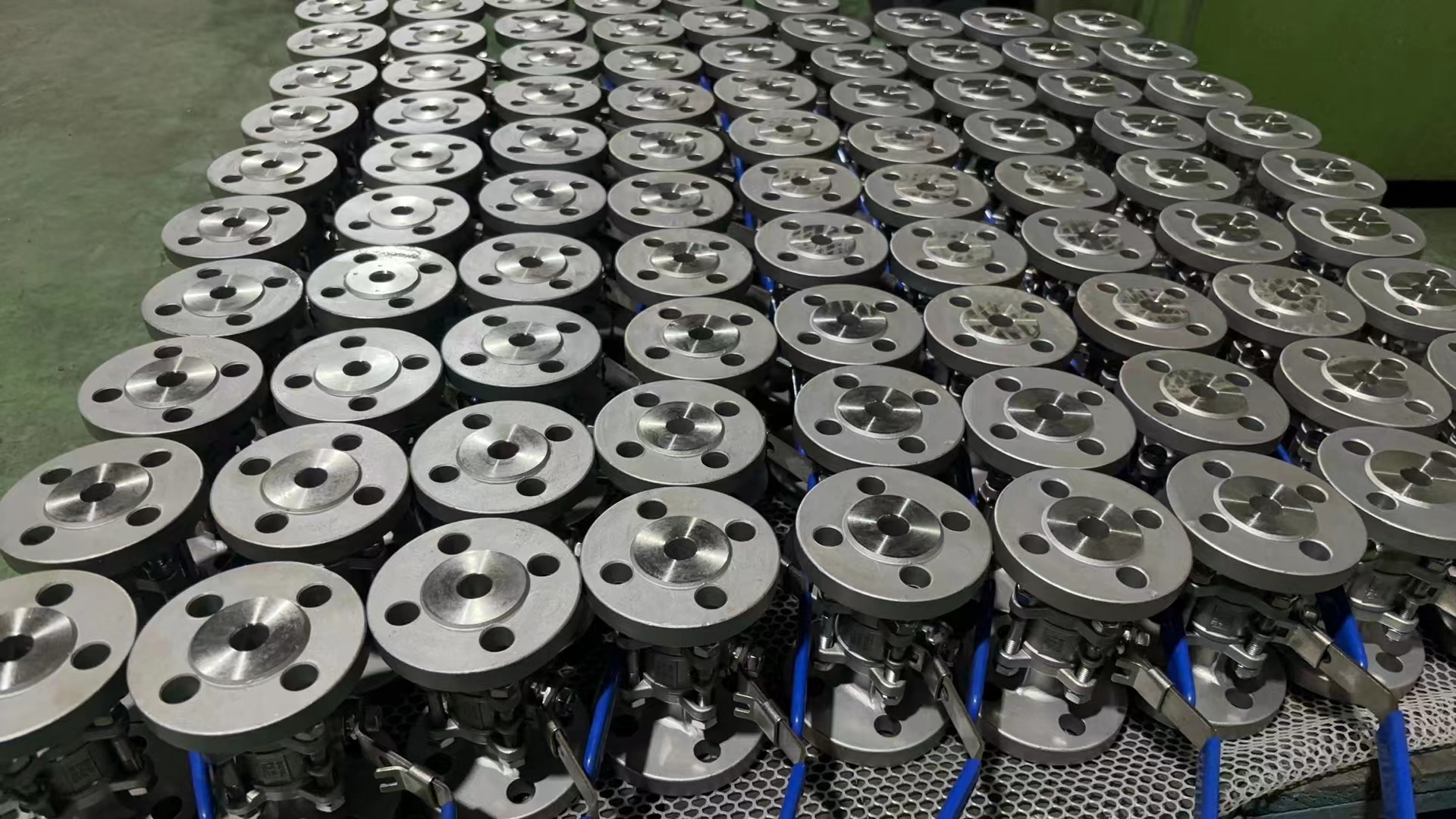Stainless Steel Ball Valves Advantages and Disadvantages
Advantages of Stainless Steel Ball Valves:
1. Corrosion Resistance: Stainless steel is highly resistant to corrosion, making these valves ideal for use in harsh environments, including chemical and marine applications.
2. Durability: Stainless steel ball valves are extremely durable and can withstand high pressures and temperatures, ensuring a long service life.
3. Versatility: These valves can handle a wide range of fluids, including gas, liquids, and slurries, and are suitable for various industries such as oil and gas, water treatment, and food processing.
4. Minimal Maintenance: Due to their robust design and corrosion-resistant material, stainless steel ball valves require less frequent maintenance compared to valves made from other materials.
5. Quick Operation: The design of ball valves allows for fast and easy on/off control with a simple quarter-turn mechanism.
Disadvantages of Stainless Steel Ball Valves:
1. Cost: Stainless steel is more expensive than other materials such as brass or plastic, making stainless steel ball valves more costly.
2. Weight: Stainless steel ball valves tend to be heavier than those made from other materials, which could be a concern in weight-sensitive applications.
3. Thermal Conductivity: Stainless steel has lower thermal conductivity compared to other materials like brass, which may affect performance in certain temperature-sensitive applications.
4. Limited for Low-Pressure Systems: In some low-pressure or lightweight applications, the robust construction of stainless steel ball valves might be overkill and not cost-effective.
CATEGORIES
LATEST NEWS
-
Stainless Steel Ball Valves Advant
Advantages of Stainless Steel Ball Valves: 1. C
-
316 Stainless Steel 3 PC Ball Valv
The 316 stainless steel 3-piece ball valve offer
-
[Valve knowledge] Advantages of 2
Structural features 1. There is no friction in
CONTACT US
Contact: Sales Team
Phone: +86(027)8476 6368
Tel: +86(027)8476 6368
Email: info@hbyst-valve.com
Add: Xinghong Road, Tonghaikou Town, Xiantao City, Hubei Province, China

